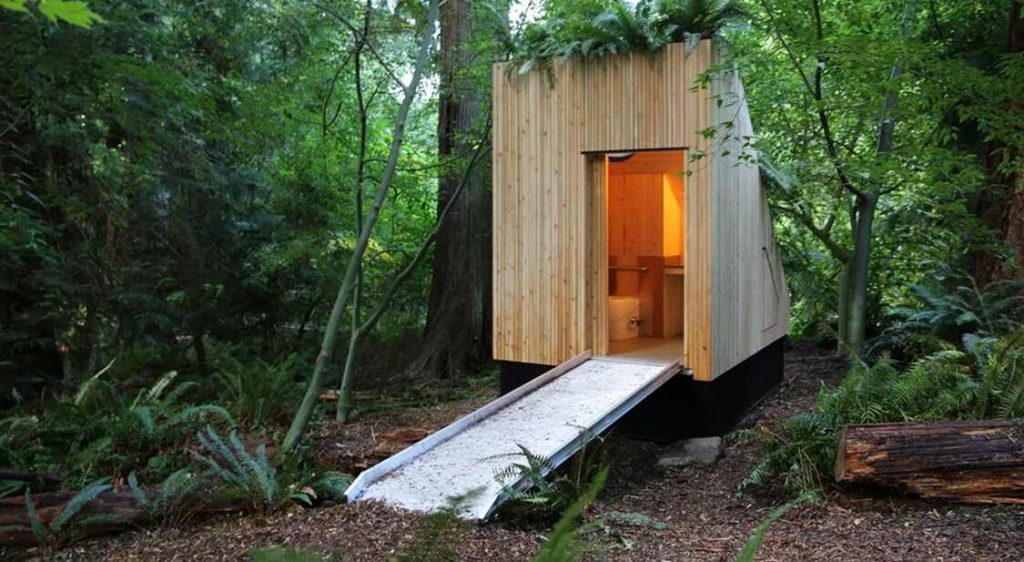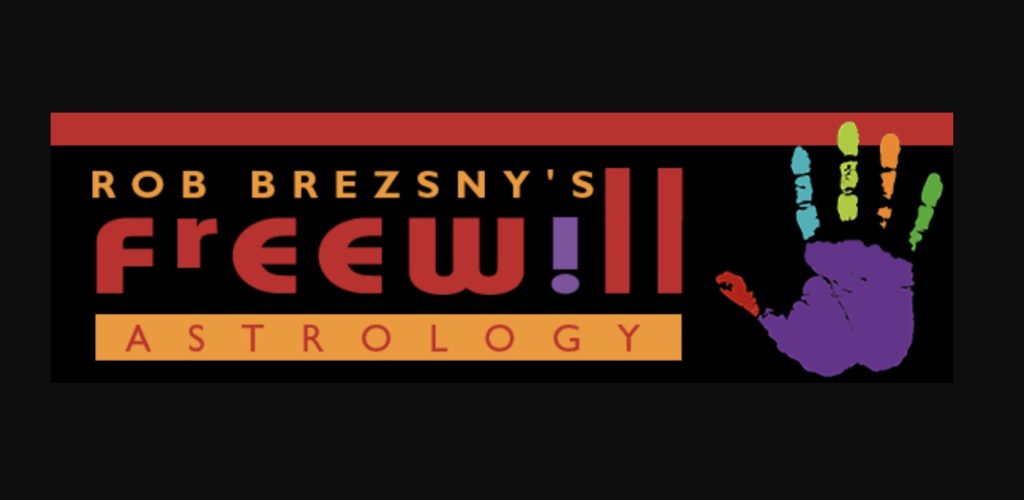In an inspiring blend of nature and innovation, two academics are transforming the way we think about waste management. Their groundbreaking project, the MycoToilet, harnesses the power of mushrooms, turning an everyday necessity into an eco-friendly solution for our planet. This story reminds us of the potential in reimagining mundane routines and embracing sustainable practices.
At the University of British Columbia, a remarkable evolution in toilet technology is taking root—quite literally! The MycoToilet, crafted by microbiology professor Steven Hallam and architectural visionary Joseph Dahmen, offers an innovative approach to waste disposal. Instead of flushing our waste away like an afterthought, this system engages with nature to absorb odors and convert waste into enriching soil.
When Hallam and Dahmen first posed a simple question to their students—what happens to waste after it’s flushed—they were met with blank stares. This ignited their passion to rethink the entire waste management process, aiming to turn it into a mindful experience. “We wanted to link our daily routines to ecological cycles,” Dahmen explained.
The MycoToilet operates without water, separating solid and liquid waste for individualized processing. The solids make their way into a special compartment lined with mycelium, a network of fungal roots, where an impressive 90% of odor-causing compounds are neutralized. As the waste breaks down over time, it transforms into nutrient-rich compost, providing around 600 liters of soil annually. Meanwhile, the liquid waste turns into about 2,000 liters of beneficial fertilizer, showcasing a model of sustainability rarely seen in traditional treatment facilities.
Typically, many wastewater systems just sanitize waste before discharging it into oceans or rivers, but Hallam sees untapped potential: “Waste reflects our values. By reexamining what we deem valuable, we can turn excess into resources, contributing to a more circular economy.”
As the MycoToilet is tested in UBC’s botanical gardens, both Hallam and Dahmen observe the behavior and effectiveness of different mushroom species in their composting roles. Mushrooms have long been celebrated for their ability to decompose organic materials, and this experiment seeks to further prove their capabilities—potentially paving the way for broader applications in waste management.
This exciting project encourages us to rethink not just how we deal with waste, but also our relationship with the environment. By finding solutions rooted in nature, we can foster a healthier planet for future generations.
If you would like to see similar good news stories click here & Share this to brighten someone’s day.







